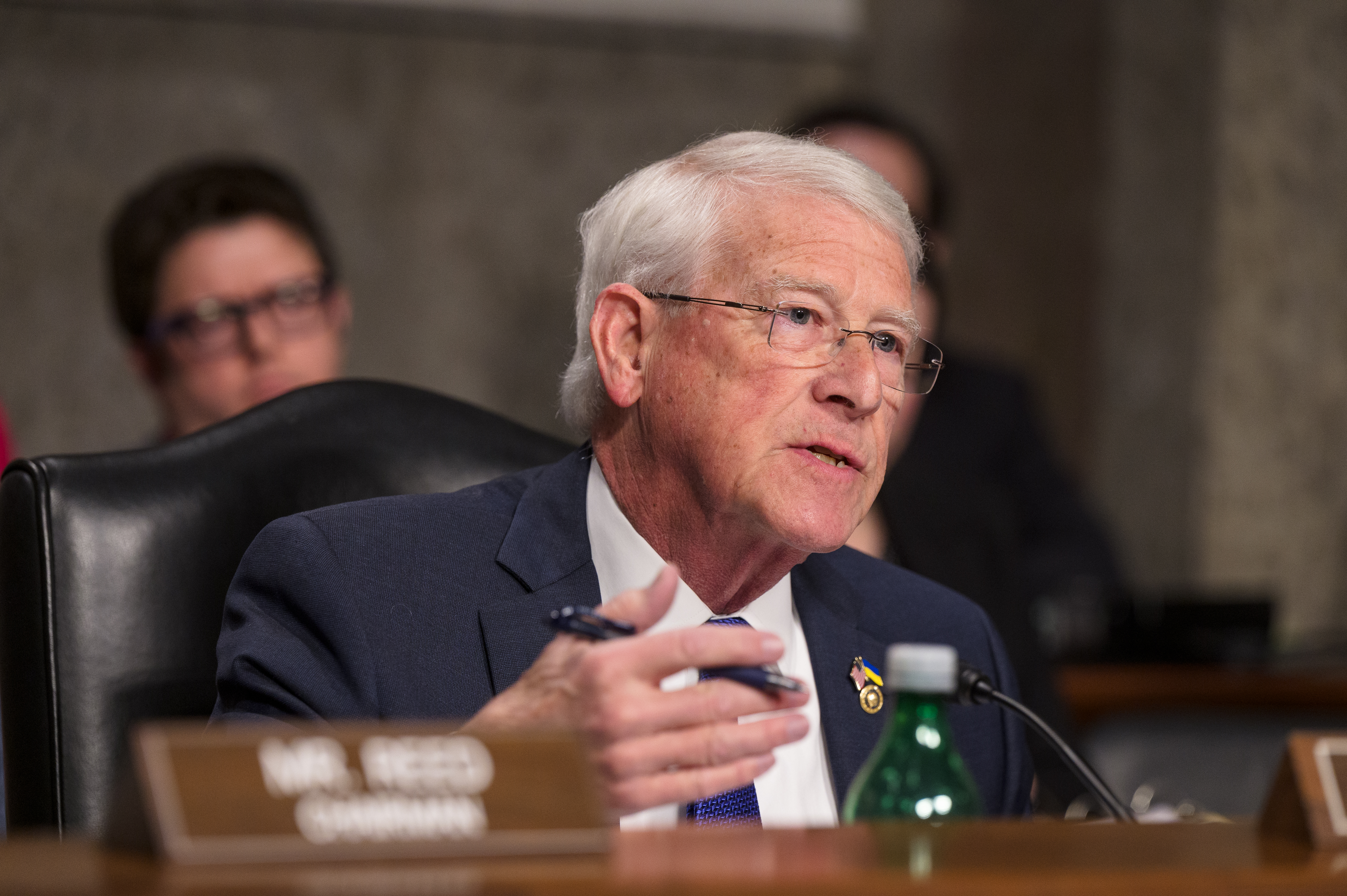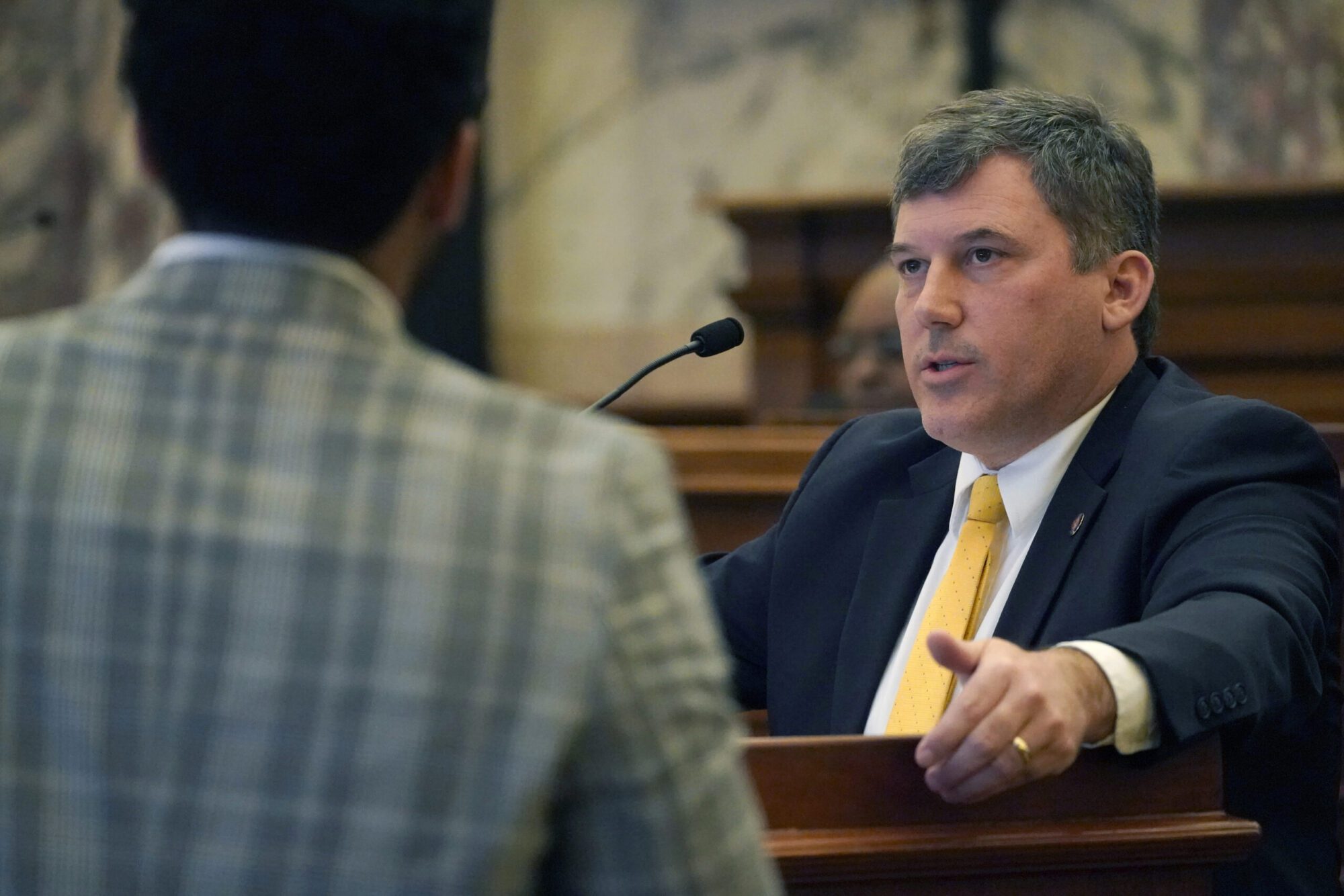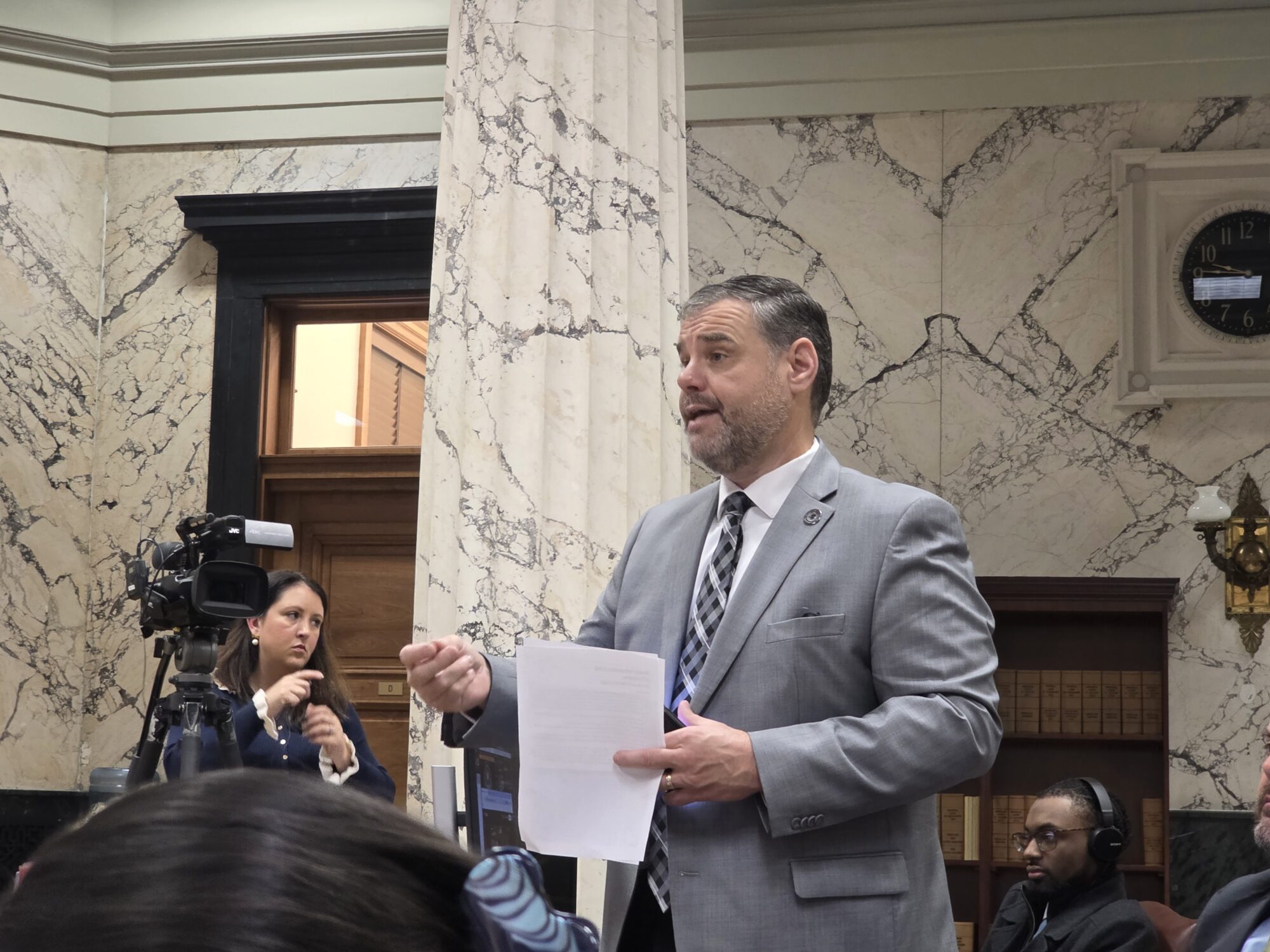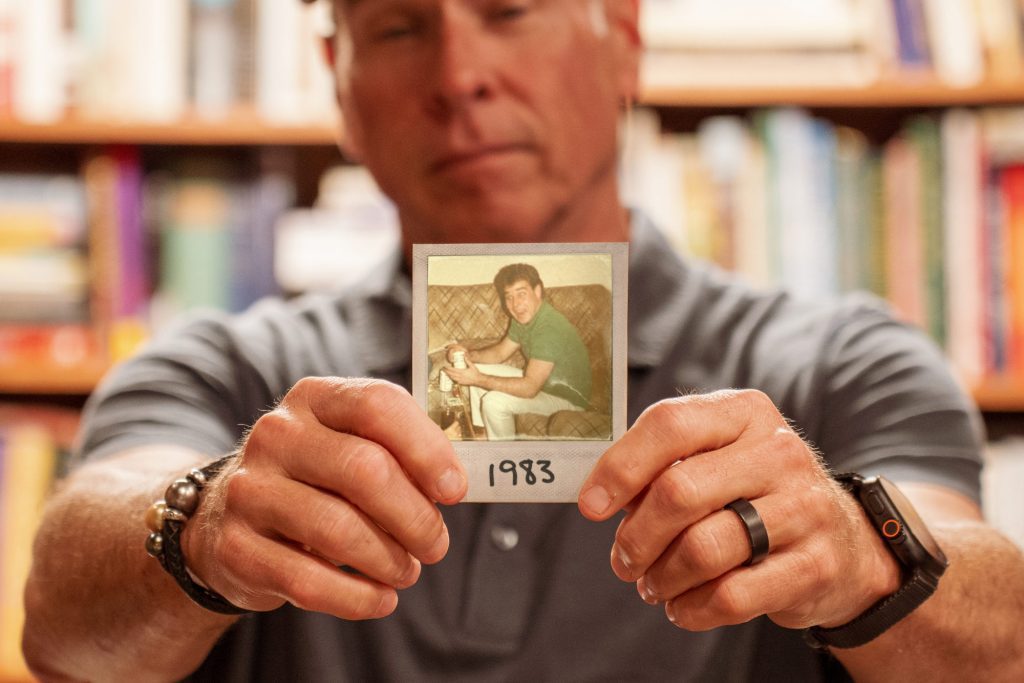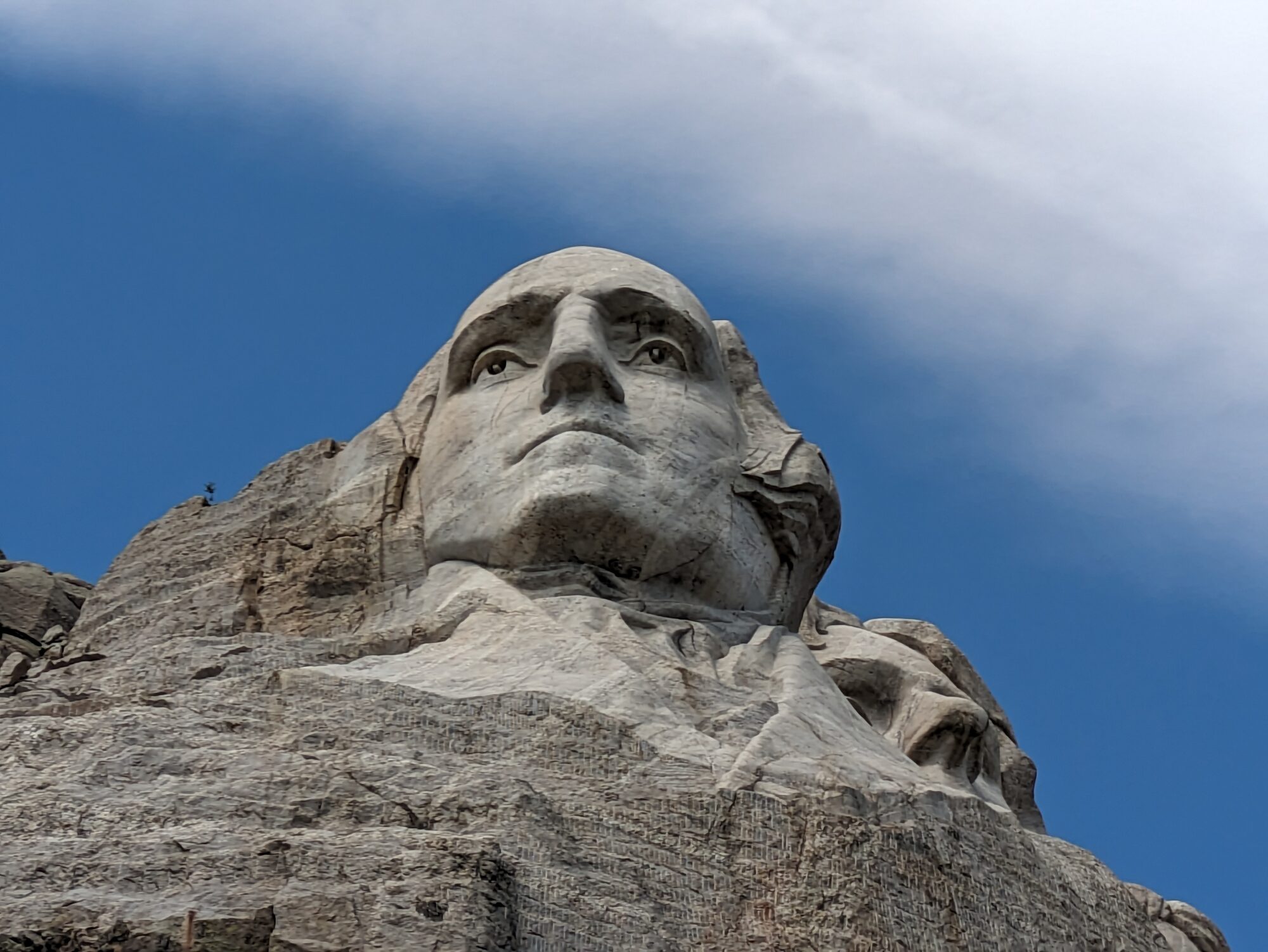
(Photo from Shutterstock)
- Senator Roger Wicker says the first U.S. President’s humility changed history.
On September 19, 1796, George Washington published an open letter to the American people. He had two messages in mind. The father of our country notified his fellow citizens that he would not seek a third term in office, and he provided the young nation with profound parting advice.
Final Gift from our First President
Over the years, we have come to refer to this letter as Washington’s Farewell Address. For the first century of our country’s lifetime, the document enjoyed immense popularity. It was published more widely than even the Declaration of Independence.
During the hardship of the American Civil War, the U.S. Senate held a reading of the farewell address in an attempt to lift spirits. In 1896, members formalized the practice into a tradition observed every year near President’s Day. This month, I had the privilege of taking part in this ceremony. I read the entire letter on the Senate floor – the first Mississippian to do so since Senator Anselm J. McLaurin in 1909. I made sure to say a special thanks to Lin-Manuel Miranda’s musical Hamilton for reintroducing Washington’s address to today’s generation of Americans.
A Pattern of Humility
In his letter, President Washington dealt with a number of challenges that still face the United States. He cautioned his countrymen against excessive partisanship, the accumulation of debt, and unwise relationships with other nations. His words are strong on their own. We would be smart to heed their wisdom. But it is Washington’s decision to relinquish power that continues to speak most powerfully.
We take for granted that our first commander-in-chief voluntarily chose to retire. But to those Americans and observers around the globe, his action was stunning. It was all the more remarkable because 1796 was not the first year President Washington had willingly given up authority.
Thirteen years earlier, George Washington had resigned his commission as Commander-in-Chief of the Continental Army. He had just led a rag-tag band of soldiers to victory against the world’s most powerful empire. The American people would have given him power for as long as he wanted. Washington shunned the temptation. Unlike the emperors and warlords of his day, he chose two terms in the White House instead of a lifetime wearing a crown.
Washington’s Example Endures
Americans have been blessed by the precedent set by Washington’s humility. Long before we had presidential term limits, most presidents kept to Washington’s two-term example. Congress even memorialized his action in a painting by John Trumbull that hangs in the rotunda of the U.S. Capitol. This magnificent artwork depicts Washington appearing before the Continental Congress, dressed in full military garb. Instead of accepting their coronation, he is shown with hand extended, offering his resignation.
For over two hundred years, that painting has served as a reminder. Presidents, senators, representatives, justices, and cabinet officials have walked by it as they have gone about the business of the country. Generations of families and school groups have admired this massive, 12-by-18 feet depiction of humility and selflessness.
As the centuries have passed, tyrants around the world have failed where President Washington succeeded. Today, murderous dictators embrace the allure of power and will do anything to keep it. Vladimir Putin recently violated Russia’s constitution to hold onto his office for an illegal third term. He has used his time in the Kremlin to start a war against Ukraine, a democratic nation on his border. In 2018, Xi Jinping changed China’s constitution to abolish term limits, making himself president for life. Now, he seeks to bring China’s neighbors under his control. As the United States faces these dangerous autocrats, we must redouble our commitment to the principles that make us unique – the values for which George Washington fought and then stepped down.

